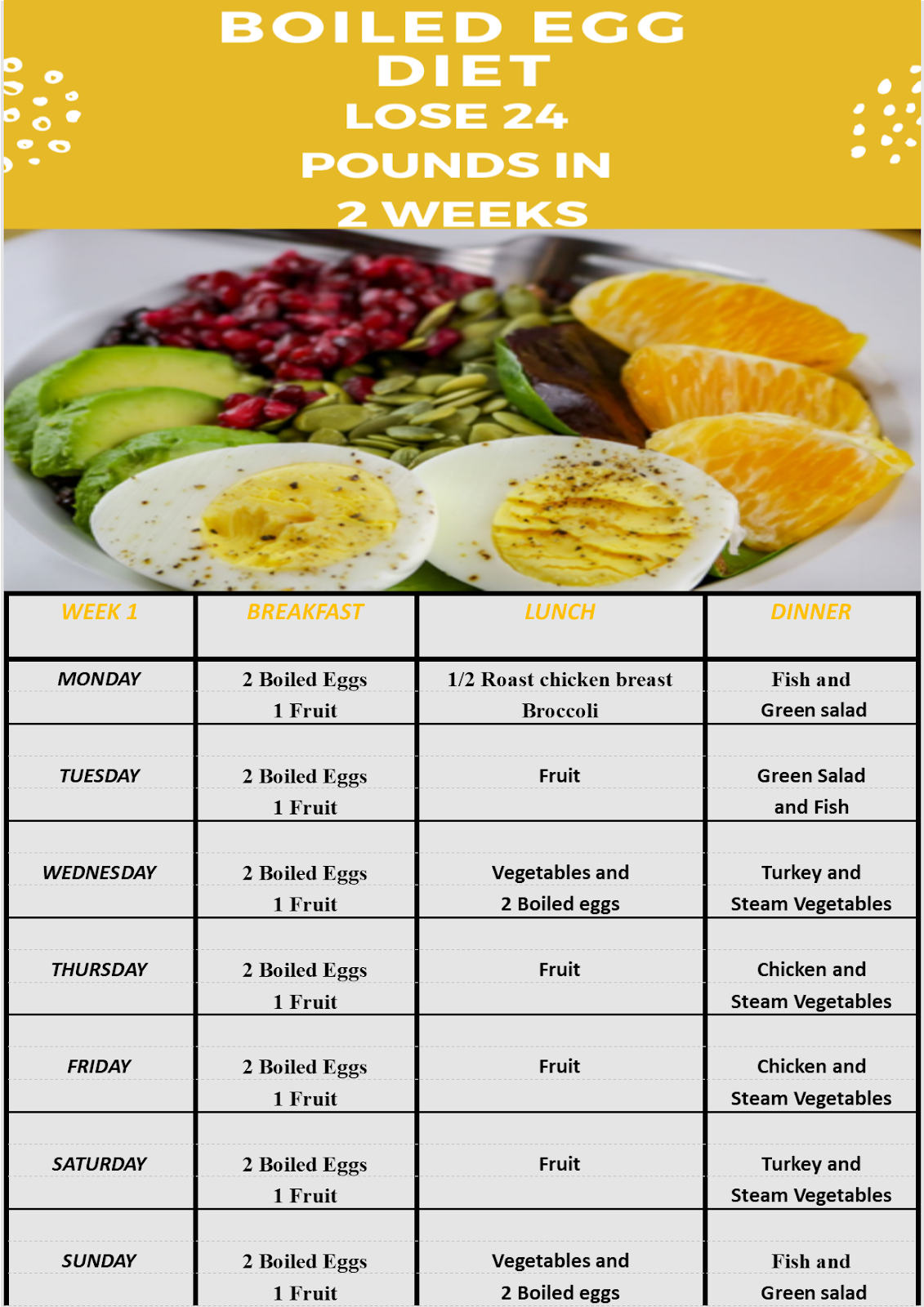In the world of dieting, new trends emerge almost every day, promising weight loss and healthier lifestyles. One of the most talked-about diets currently is the egg diet, which advocates tout as a miraculous solution for shedding pounds quickly. However, as someone who studies integrative and clinical nutrition, I felt compelled to put this popular trend to the test for myself.
My approach to the egg diet was not a carbon copy of the typical plan. While the standard diet suggests starting the day with three boiled eggs and green tea, followed by similar meals throughout the day, I opted for a more balanced version. Instead of strictly sticking to eggs, I included a variety of foods in my diet, such as seafood, miso soup, vegetables, berries, fruits, and nuts, aiming for a more holistic and nutritious approach.
Throughout this experiment, I noticed significant flaws in the original egg diet. For starters, the protein intake seemed alarmingly low for a diet centered around eggs. While six medium eggs offer roughly 36 grams of protein, a sedentary adult requires at least 0.8 grams of protein per kilogram of body weight daily. This startling realization prompted me to rethink my protein consumption and adjust my meal plan accordingly.
What You Will Learn
- The importance of protein intake in any diet.
- How to adapt the egg diet for better nutritional balance.
- The impact of drinking tea or coffee on iron absorption.
- The significance of variety in food choices for gut health.
Understanding the Egg Diet
The egg diet typically consists of high protein and low carbohydrate meals, primarily featuring eggs. Advocates claim that it results in rapid weight loss due to the calorie deficit created by cutting out many food groups. However, this diet can be challenging to sustain long-term due to its restrictive nature.
Many people who try the egg diet often report feelings of hunger and fatigue, which can lead to binging or abandoning the diet altogether. It's crucial to recognize that while eggs are an excellent source of protein and nutrients, a balanced diet should include a variety of foods for overall health and well-being.
Key Components of My Modified Egg Diet
In my version of the egg diet, I included two to three meals a day, each containing two to three eggs, along with other food options. This approach not only provided me with the necessary protein but also enriched my meals with essential vitamins and minerals from fruits and vegetables. I found that incorporating miso soup and seafood added flavor and diversity to my diet while keeping me satisfied.
Moreover, I ensured to stay hydrated throughout the day, but I avoided drinking tea or coffee with meals due to their tannin content, which can inhibit iron absorption. Instead, I consumed these beverages separately to maximize the iron benefits from the eggs.
The Results of My Experiment
After three days on my modified egg diet, I was intrigued to see the results. I started at a weight of 50.55 kg (111 lbs) and aimed to lose even a small amount, as I was already quite lean. To my surprise, I lost 1.7 kg (3.7 lbs) within that short period, while also feeling energized and satisfied after meals.
Additionally, I measured my waist and found a decrease of 3 cm, showing that my body was responding positively to the changes. This result reinforced my belief in the importance of balancing dietary restrictions with adequate nutrition.
The Importance of Food Variety
Throughout my diet, I made a conscious effort to include a variety of foods, which is essential for maintaining a healthy gut microbiome. I noticed that many egg diet proponents often eat monotonously, sticking to eggs and a few fruits. Such a limited diet can lead to deficiencies and negatively impact overall health.
Instead of apples, I opted for berries, which are lower in calories and sugars while providing a rich source of antioxidants. By being creative with my meal choices and enjoying the cooking process, I found my dieting experience to be much more fulfilling.
Final Thoughts on the Egg Diet
Would I recommend the egg diet to others? Yes, with a caveat! It's essential to be mindful of protein intake and incorporate a variety of foods for a balanced diet. By adapting the diet to include diverse ingredients, I managed to create a nutritious plan that was both effective and satisfying.
In conclusion, the egg diet can be a viable option for those looking to lose weight, but it should not be a rigid or long-term solution. Emphasizing versatility in food choices and maintaining adequate protein intake can lead to positive health outcomes and a more enjoyable dieting experience.
Aina Tea shares insights about her personal journey in nutrition on her YouTube channel.
Exploring Netflix's Eye-Opening Documentary On Pornhub And Its Implications
Tragic Events Surrounding Joseph DeLucia, Jr.'s Murder-Suicide Incident
The Untimely Passing Of Joshua Dean: A Boeing Whistleblower's Story


